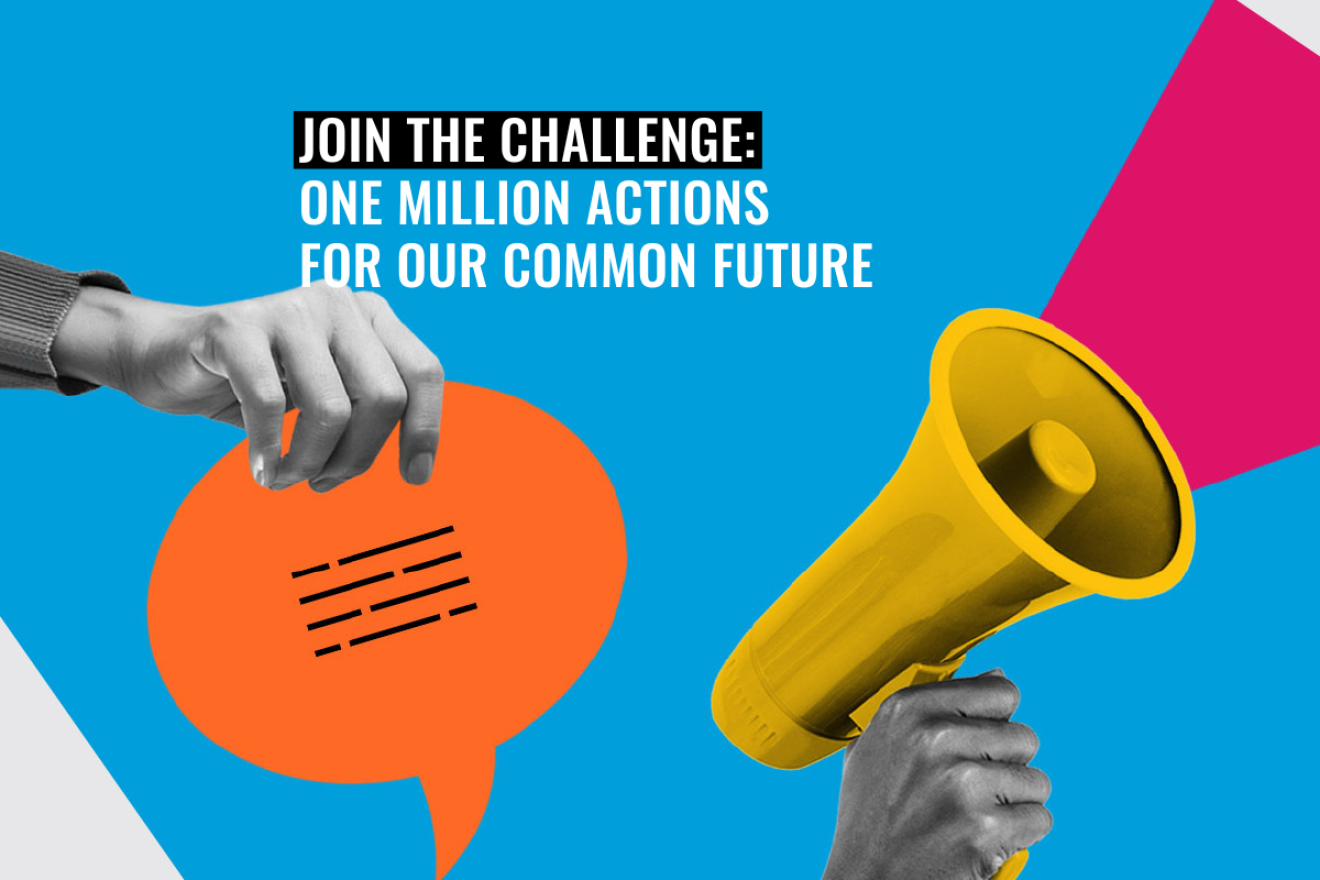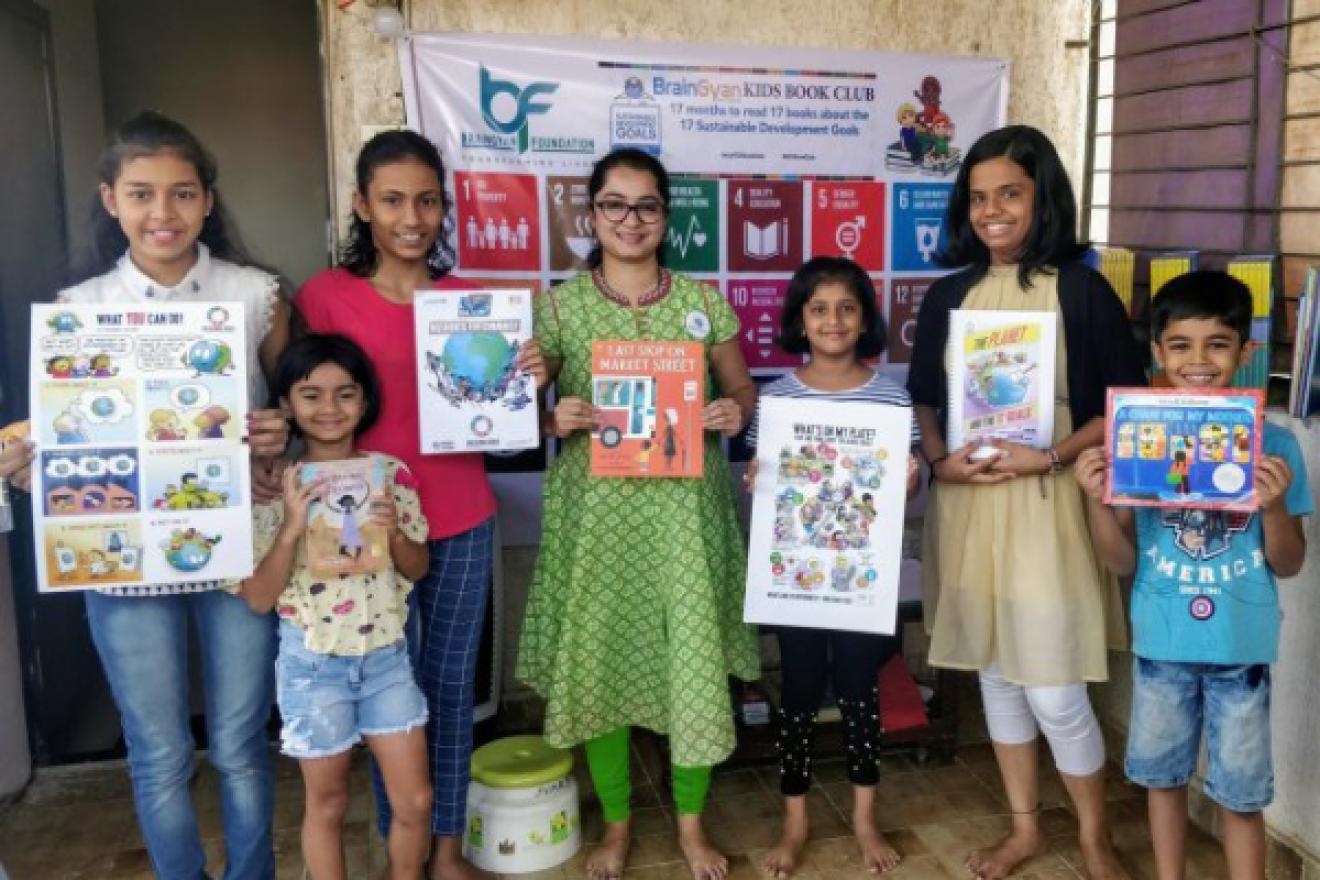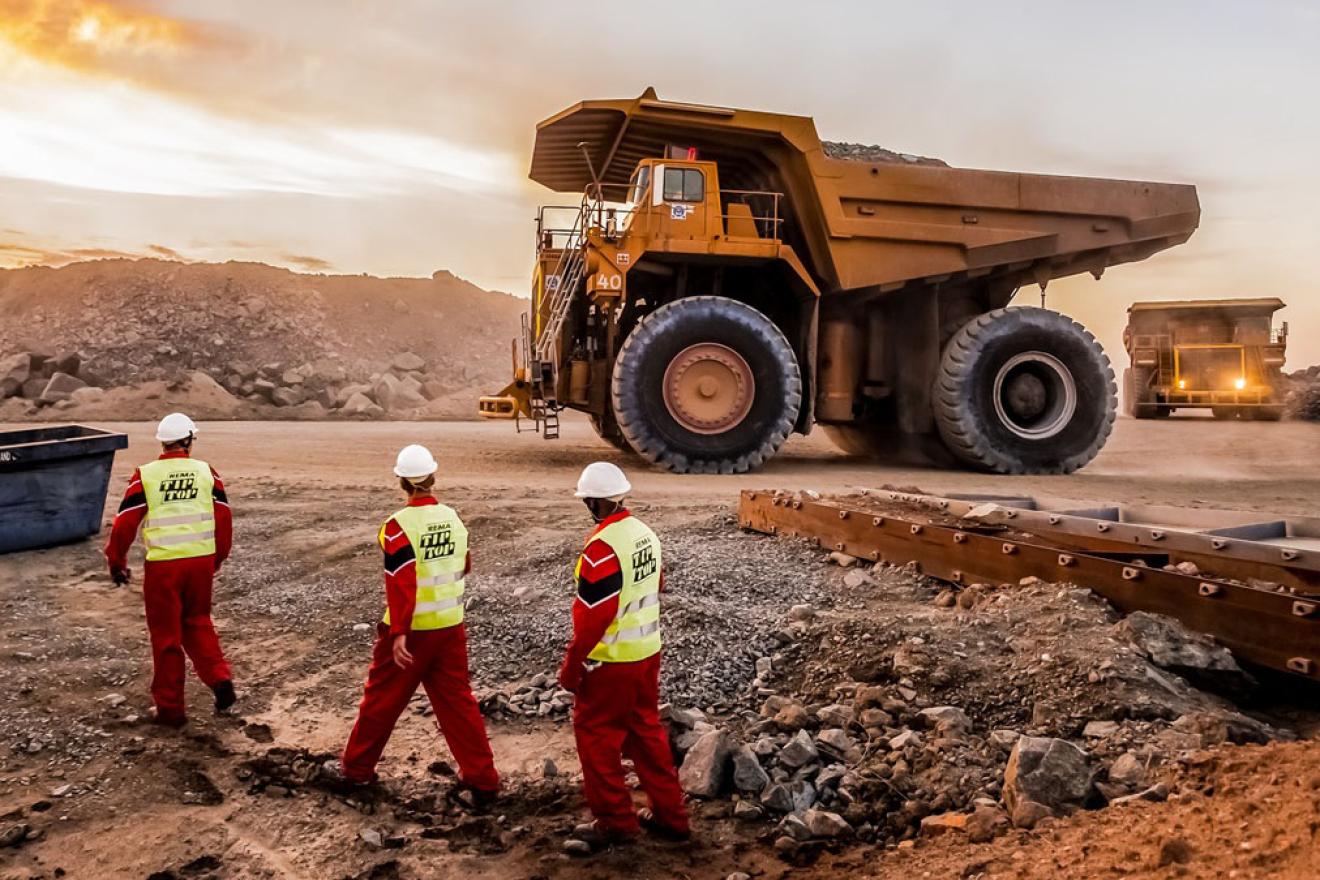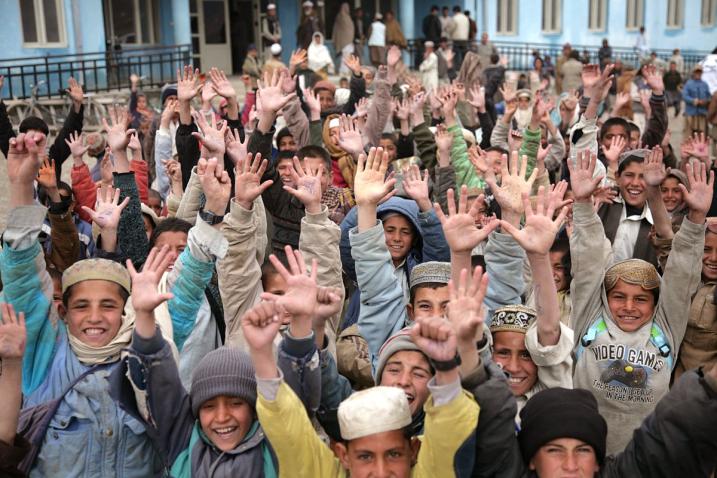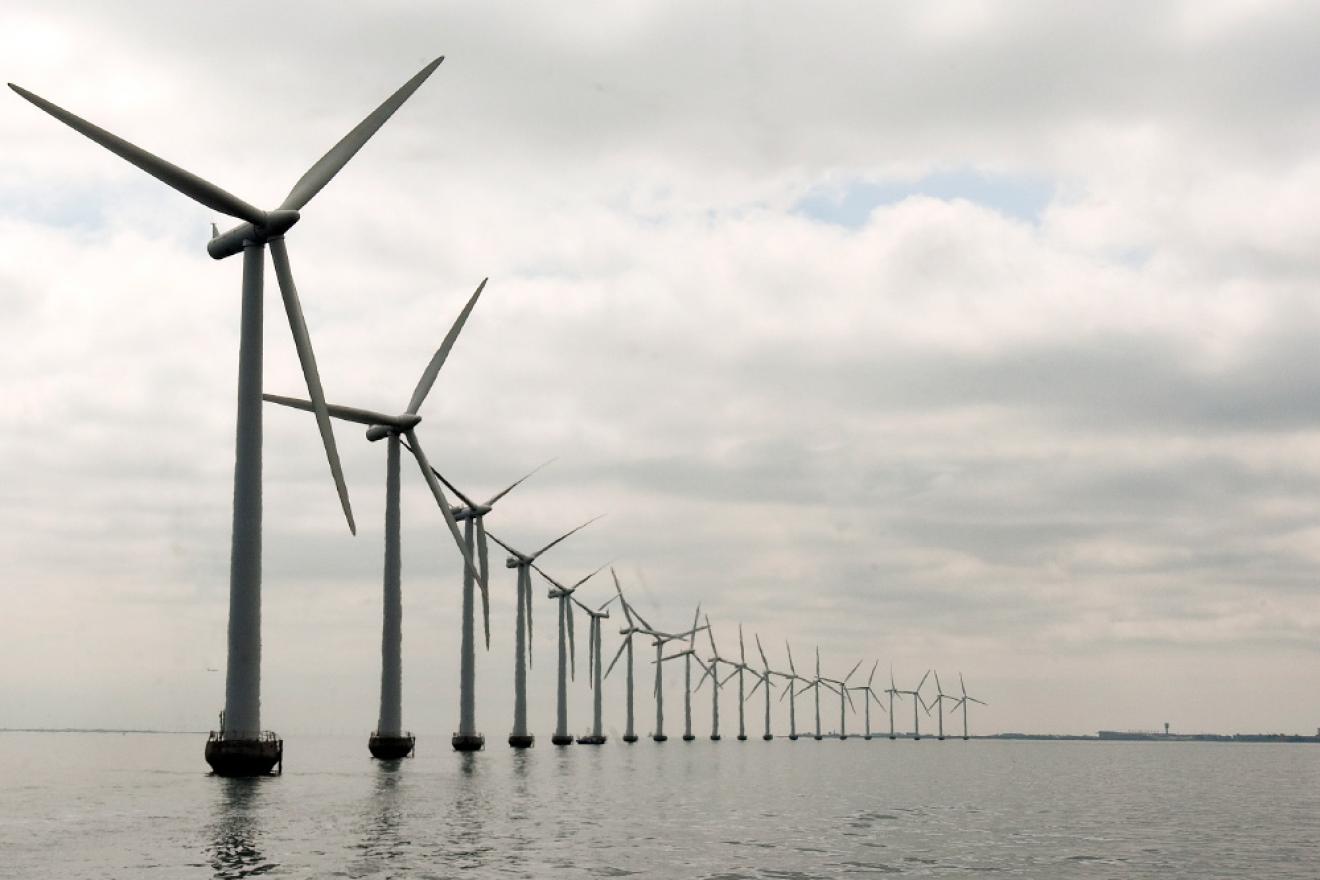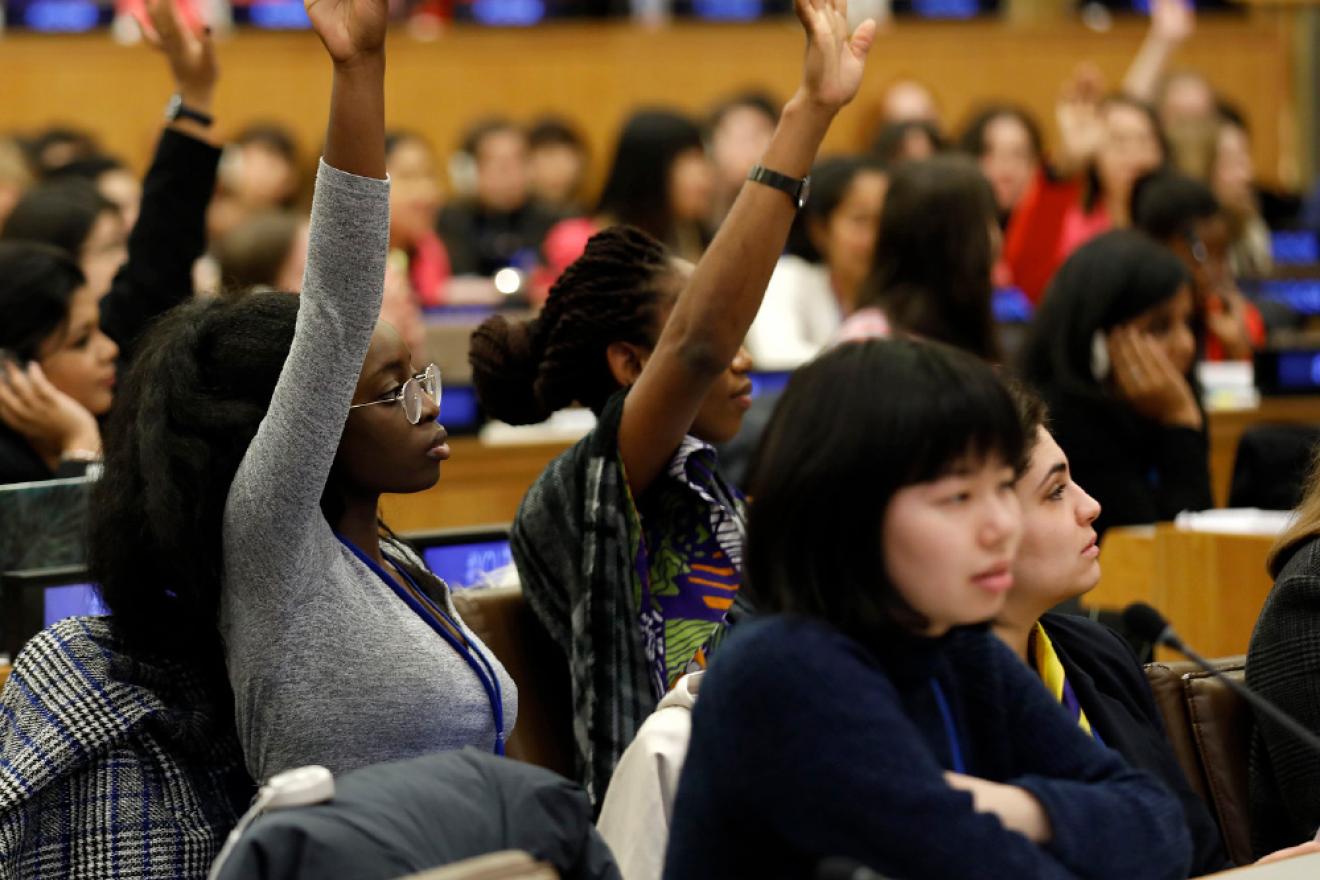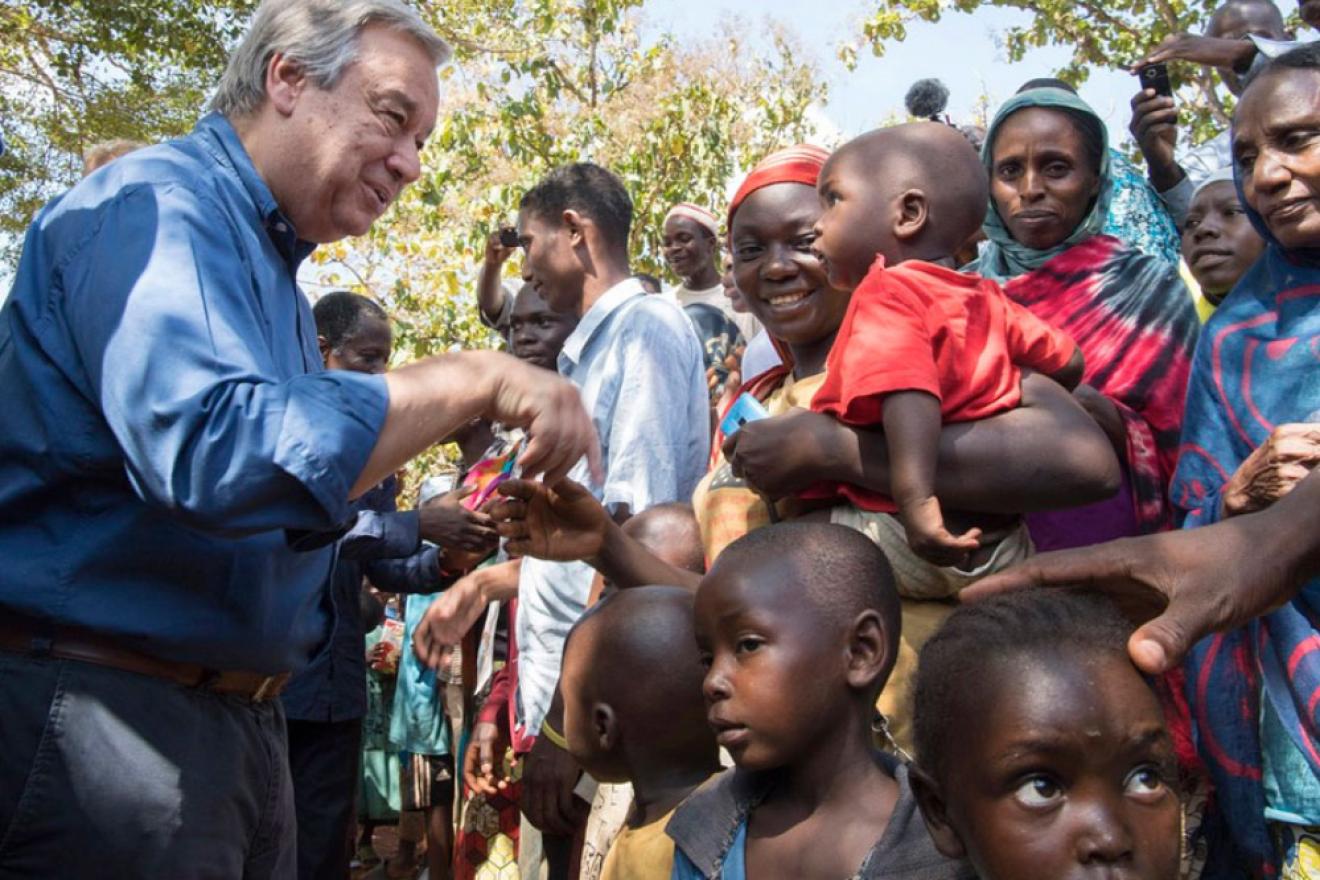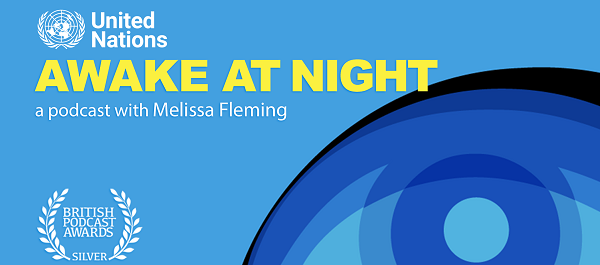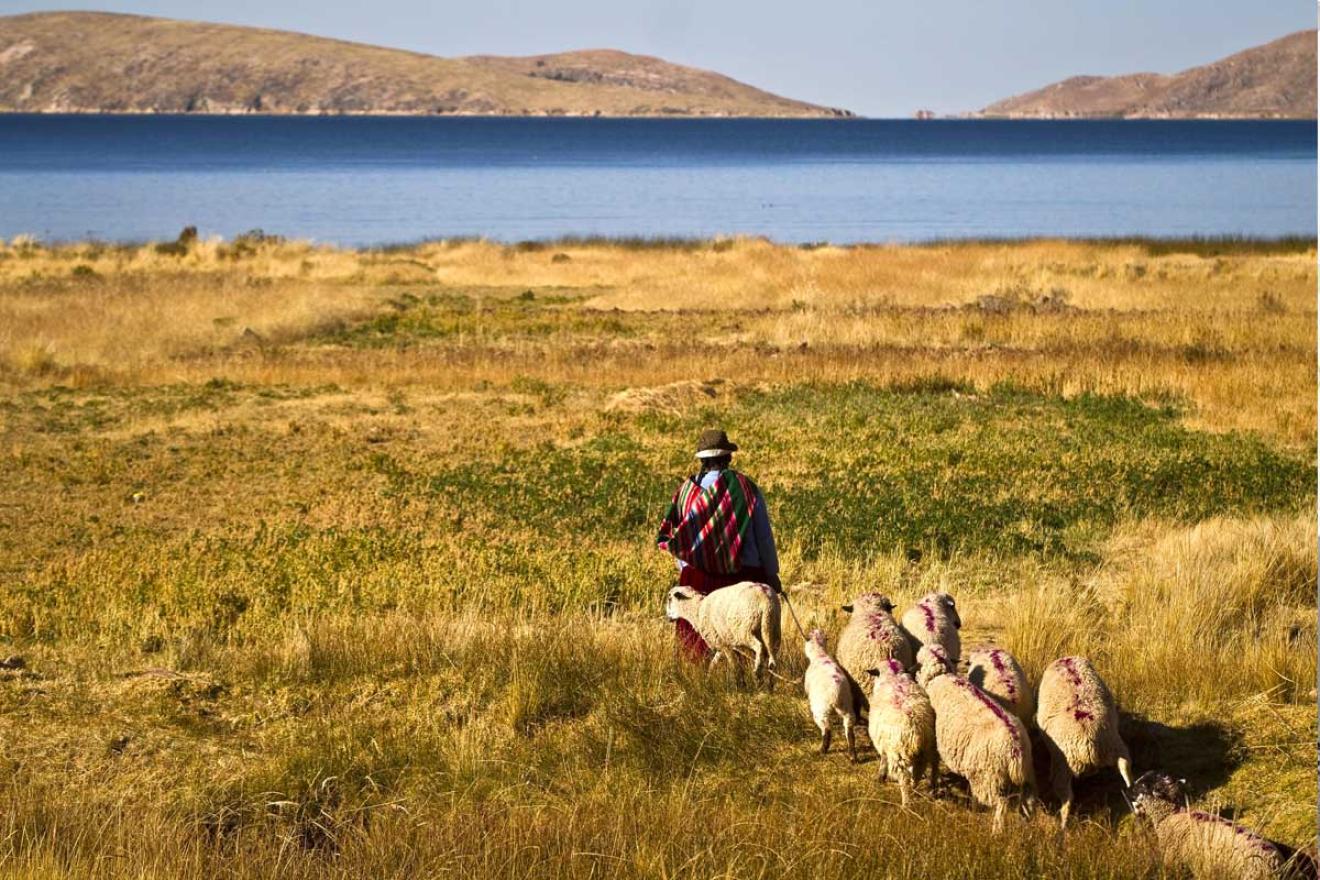ActNow is the UN campaign to inspire people to act for the Sustainable Development Goals (SDGs). In the lead up to the Summit of the Future, join the 1 Million Actions for our Common Future challenge to contribute to a more sustainable and peaceful world. Find new inspiring actions on the app and at un.org/actnow.
Hepatitis: Let’s Break It Down
World Hepatitis Day is observed each year on 28 July to raise awareness of viral hepatitis, an inflammation of the liver that causes severe liver disease and liver cancer. The theme for 2025, Hepatitis: Let’s Break It Down, calls for urgent action to dismantle the financial, social and systemic barriers – including stigma – that stand in the way of hepatitis elimination and liver cancer prevention. The campaign is a reminder that we must act now to expand access, integrate care, and end hepatitis as a public health problem by 2030.





